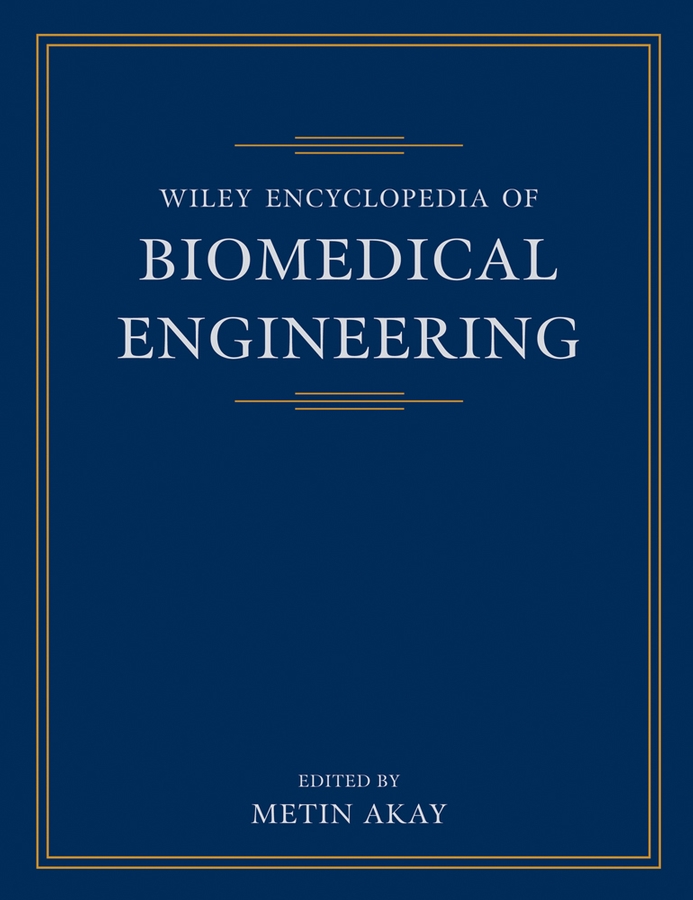Biochemical Pathways Research
Abstract
All life on the planet is based on a set of basic biochemical reactions that provide energy transformation, biosynthesis, metabolism, and catabolism in cells. A unique feature of biochemistry is that chemical reactions are catalyzed by enzymes, which are chemistry-specific in their action. Conceptually, enzymes and the biomolecules on which they act are arranged in pathways of sequential biochemical reactions. Biochemical pathway research has been a major force in the development of the principles of biomedicine and has greatly impacted medical knowledge and practice. In recent years, engineering disciplines like biomedical engineering have set their sights on elucidation and manipulation of cells as a strategy to making advances in biomedical research and medicine. However, in large part, these early efforts have been divorced of longstanding knowledge and scientific principles that are the fruits of biochemical pathway research. Improved progress in cell and tissue engineering in the future will require recognition that the failure to incorporate biochemical pathway concepts and knowledge in biomedical engineering pursuits is a severely limiting oversight. Such a paradigmatic shift in intellectual framework and approach will not be without significant challenges, but the certain gains in biological knowledge and effective medical applications more than outweigh such reservations.



